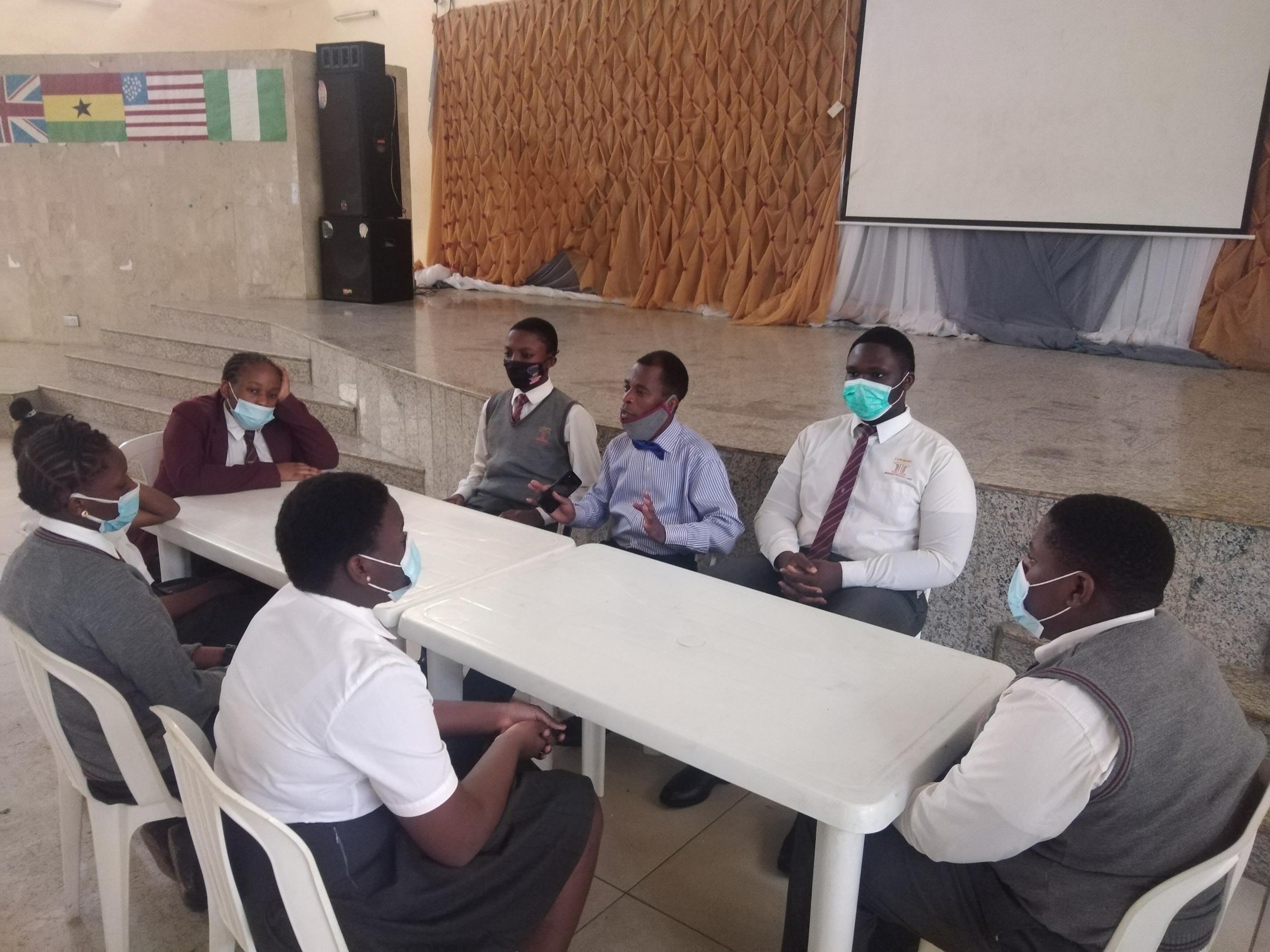CHILD ACT LAW
INTRODUCTION: The Child Act, also known as The Children Act, is legislation that governs the welfare, protection, and rights of children. The specific provisions and regulations vary depending on the country or jurisdiction.
GENERAL OVERVIEW OF CHILD ACT LAW:
- Child Act Law provides/specifies the age range for childhood, usually 0-18 years.
- Outlines the roles and responsibilities of parents, guardians, authorities, and their rights.
- Protects children from abuse, neglect, and exploitation by providing procedures for reporting and investigating abuse or neglect.
- Establishes guidelines for childcare and ways to resolve disputes over child custody.
- Provides regulations for domestic and international adoptions.
- Establishes obligations for financial support.
- Ensures access to essential services for education and health care.
- Addresses children's involvement in criminal justice systems through juvenile justice provisions.
EXAMPLES OF CHILD ACT LAW:
- United Nations Convention on the Rights of the Child (CRC, 1989)
- US: Child Abuse Prevention and Treatment Act (CAPTA, 1974)
- UK: Children Act 1989 and Children and Families Act 2014
- Australia: Children and Young People Act 2008
- Canada: Child and Family Services Act (CFSA)
AMENDMENTS AND REFORMS: Child Acts are regularly reviewed and updated to address emerging issues such as:
- Child Trafficking
- Online exploitation
- Mental health
- LGBTQ+ rights
- Disability support
PROFESSIONALS INVOLVED:
- Social workers
- Lawyers
- Judges
- Healthcare professionals
- Educators
NOTE: Child Act Law aims to ensure children's safety, wellbeing, and development. Understanding the Child Act Law can help college students navigate their rights and responsibilities, particularly when it comes to safeguarding and promoting the welfare of children.
COUNSELLING UNIT
